
Category:
Time:
The efficiency and lifespan of membranes are significantly impacted by fouling over time, which can decrease filtration performance and increase operational costs. To mitigate fouling, processing parameters are often optimized, yet understanding the specific nature of fouling remains critical for enhancing cleaning protocols. Tailoring cleaning chemicals to address distinct types of fouling could lead to substantial improvements and water savings, although current cleaning procedures largely rely on empirical knowledge.
In this study, the filtration process has been downscaled, specifically focusing on the separation of casein and whey, to closely examine fouling characteristics on microfiltration membranes. This approach enabled us to gain detailed insights into the fouling mechanisms at a laboratory scale, providing valuable data that can inform and refine cleaning strategies. For comparative analysis, we collected filtration performance data and membrane samples from membranes of different ages.
During this presentation, the methodologies employed to conduct fouling studies at the laboratory scale in industrial relevant settings will be discussed. These findings not only help in optimizing cleaning protocols in collaboration with cleaning suppliers but also offer a deeper mechanistic understanding of fouling development on our membranes.
By bridging the gap between laboratory findings and industrial applications, this research contributes to advancing sustainable process technology in membrane cleaning. Ultimately, it aims to foster collaboration with cleaning suppliers to reduce resource consumption, extend membrane lifespan, and improve the overall efficiency of membrane applications.
Unfortunately, we do not have permission to share this presentation
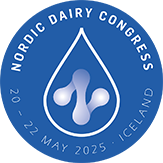






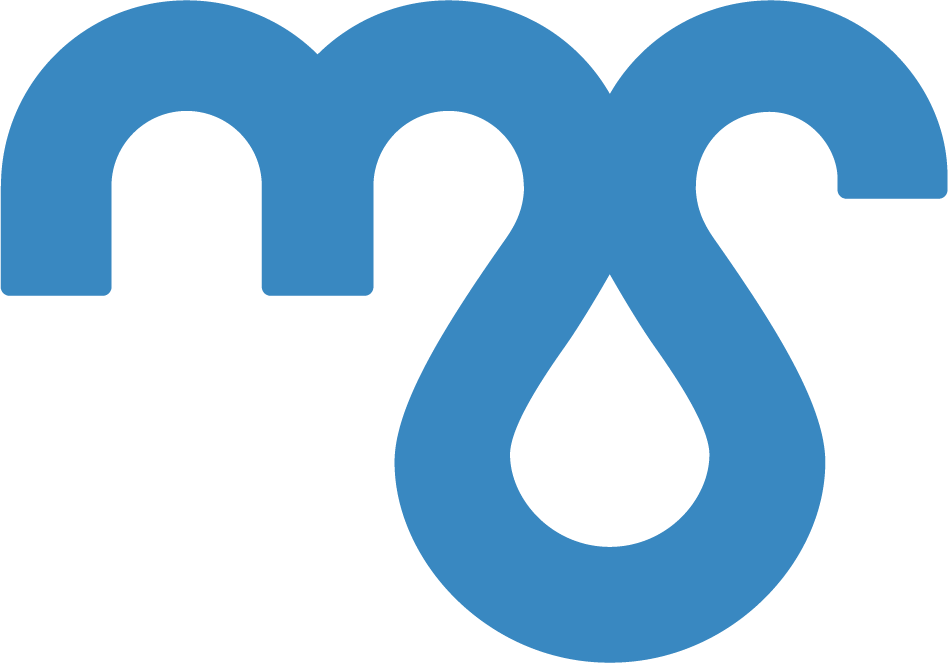
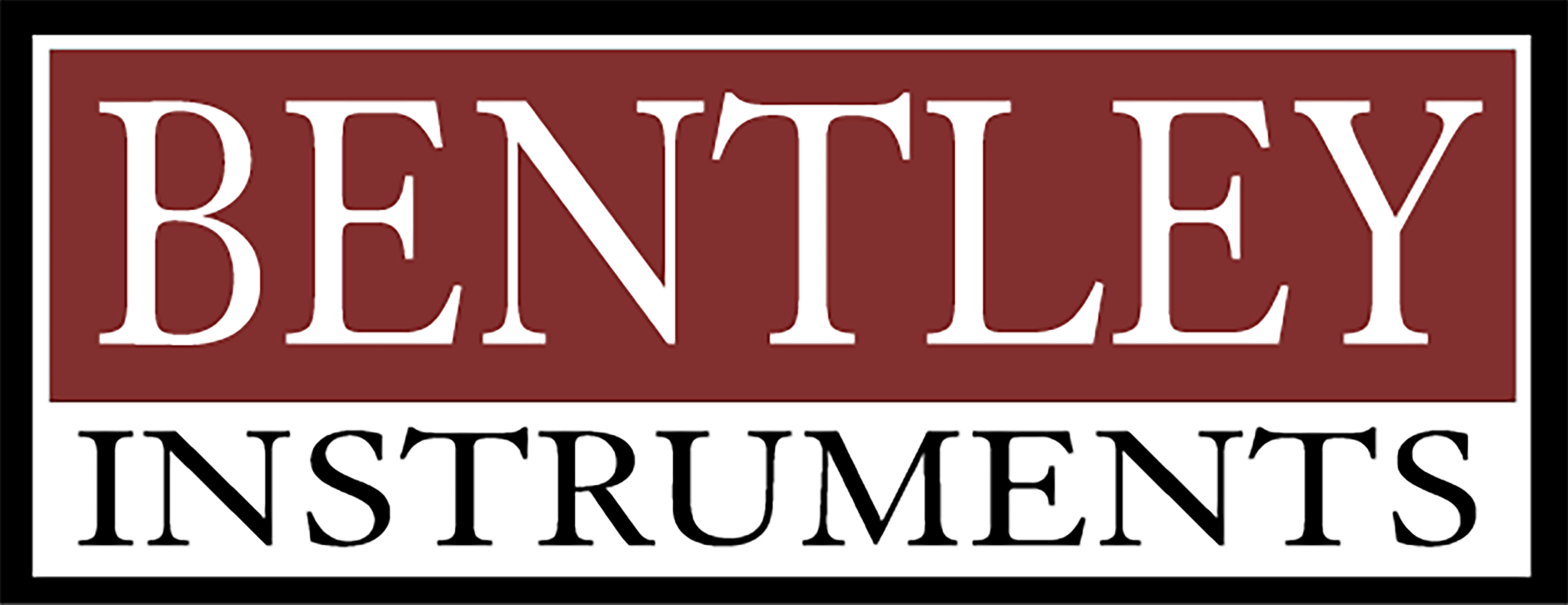
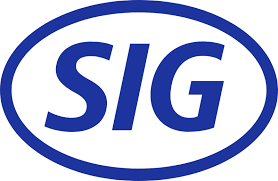



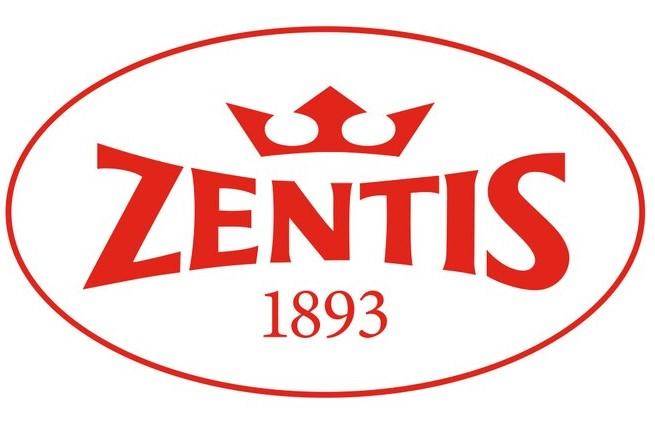
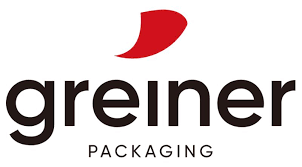
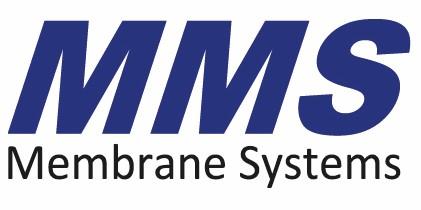


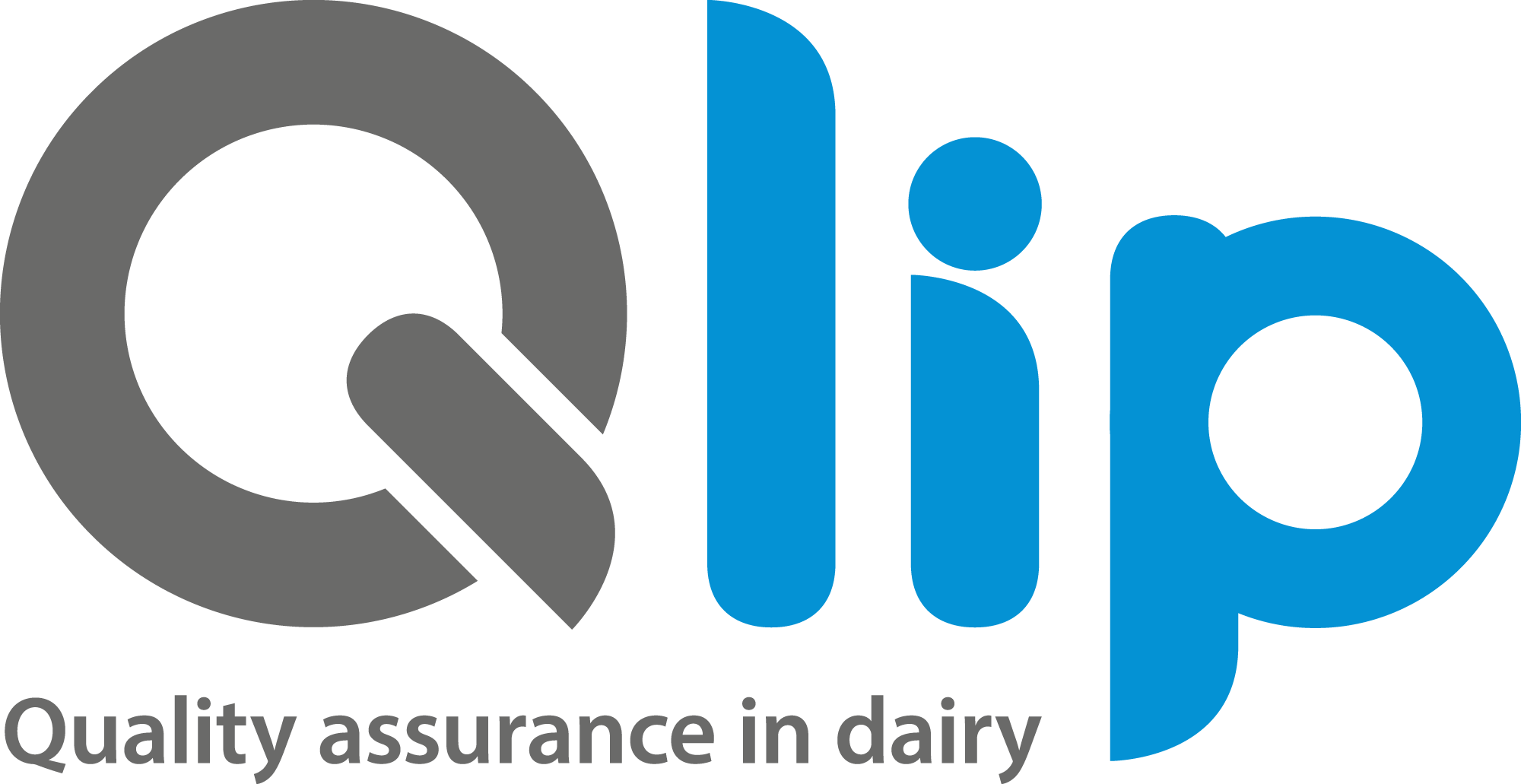
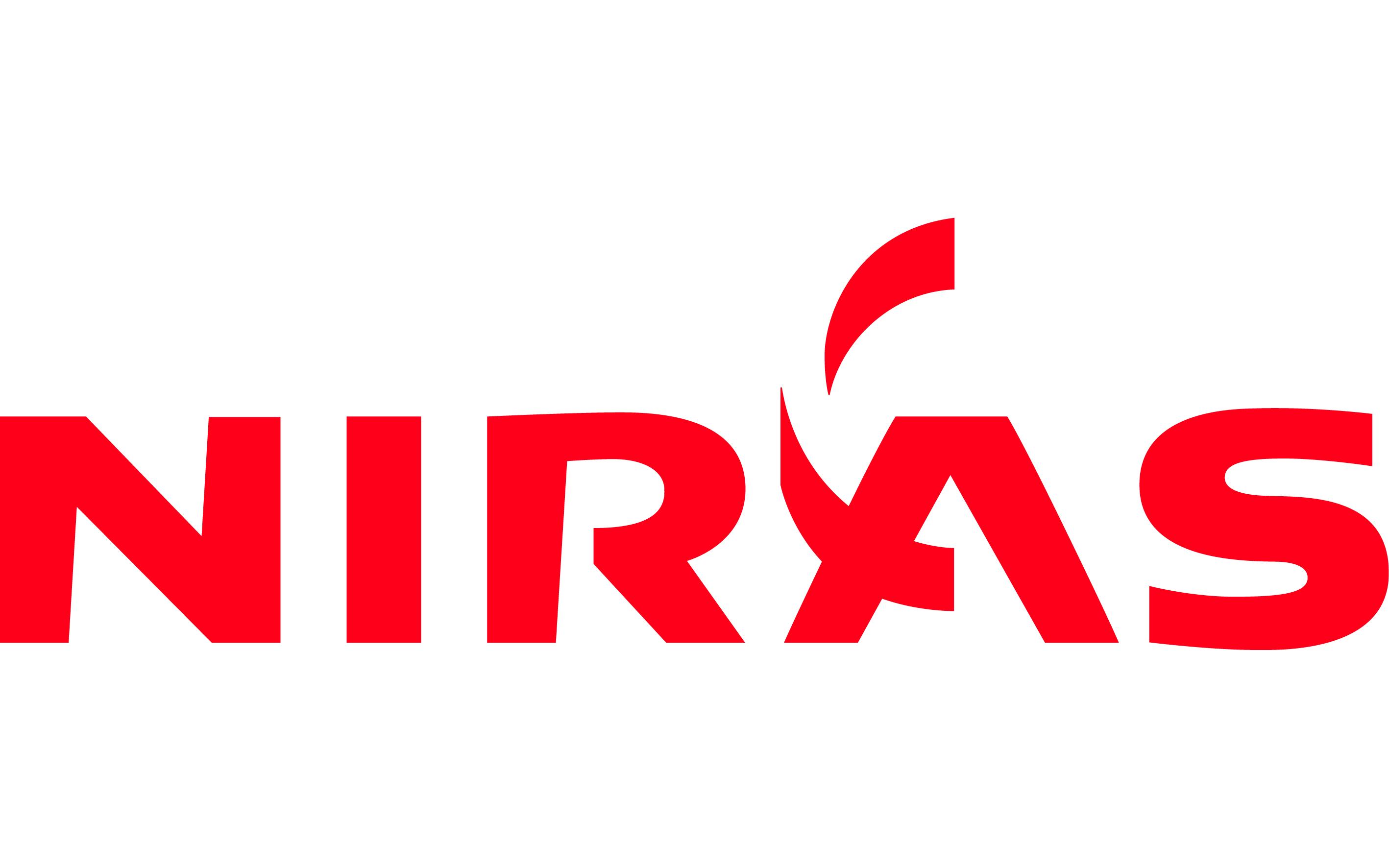


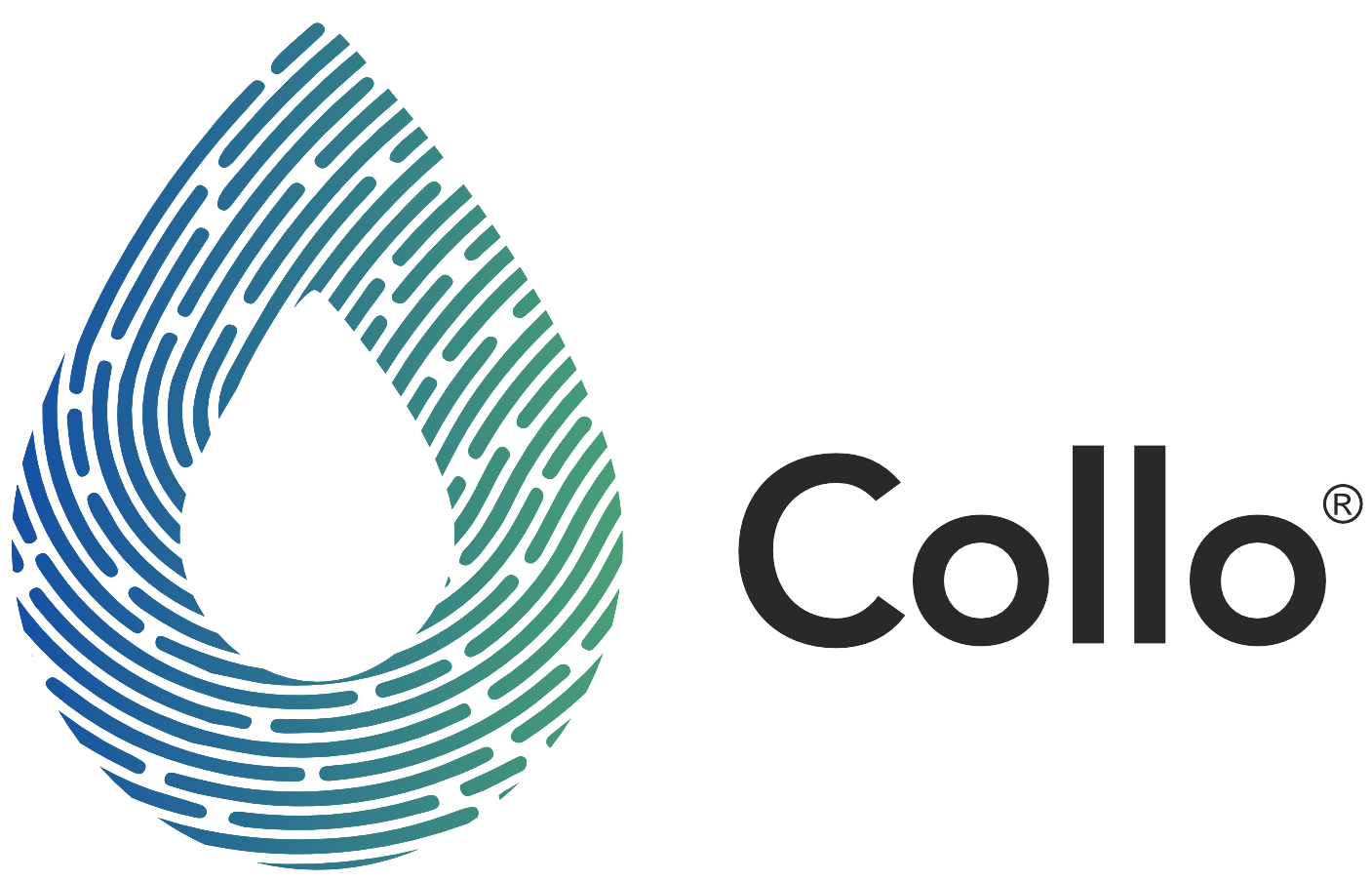
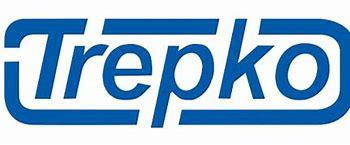




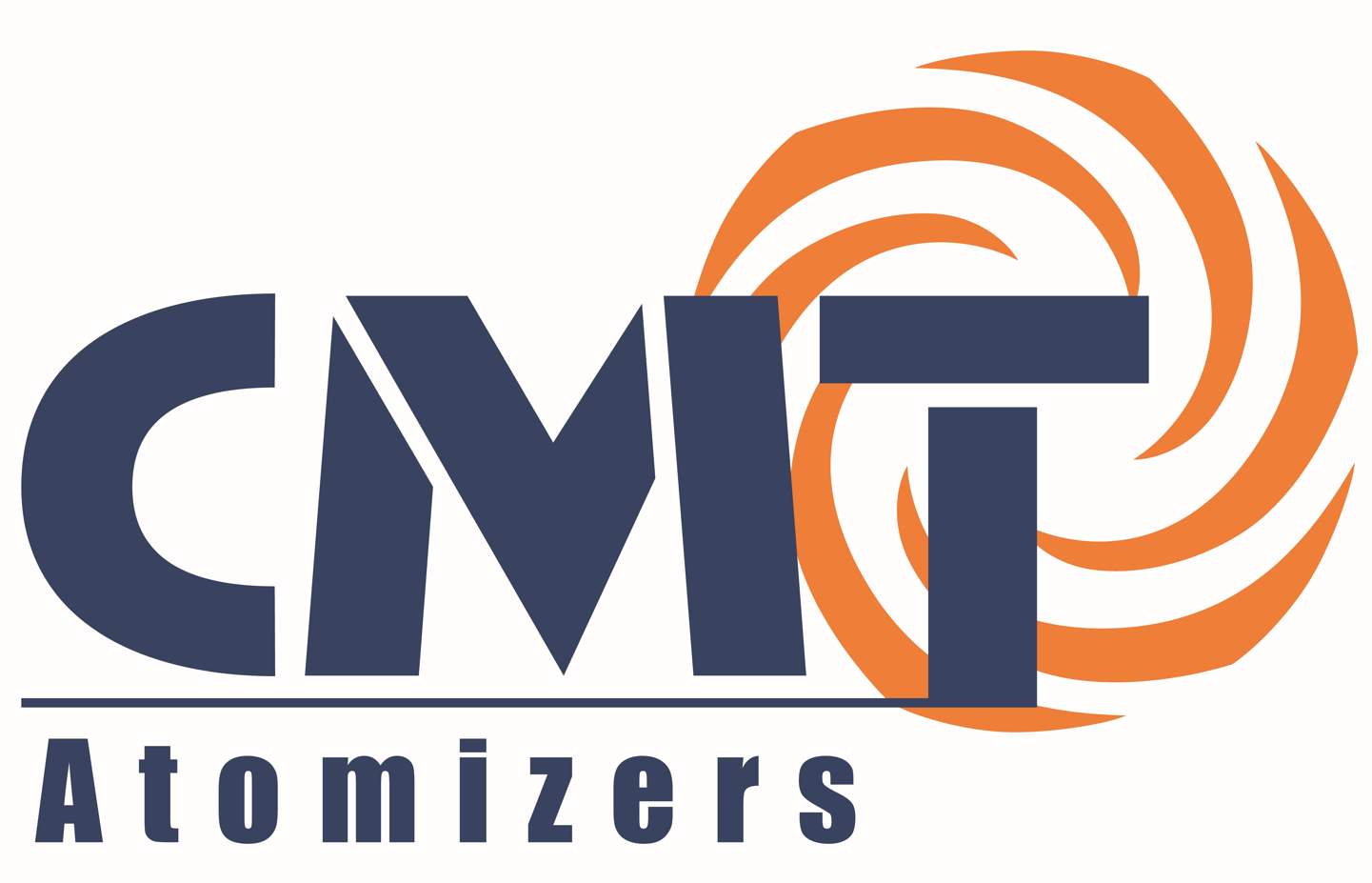
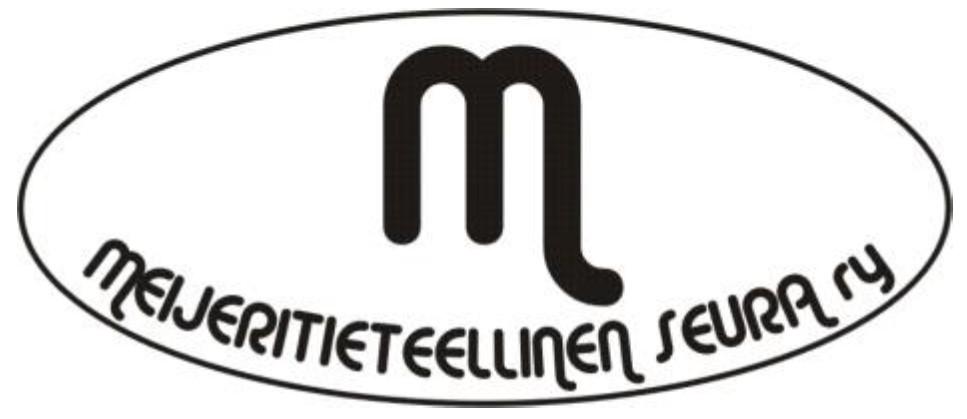
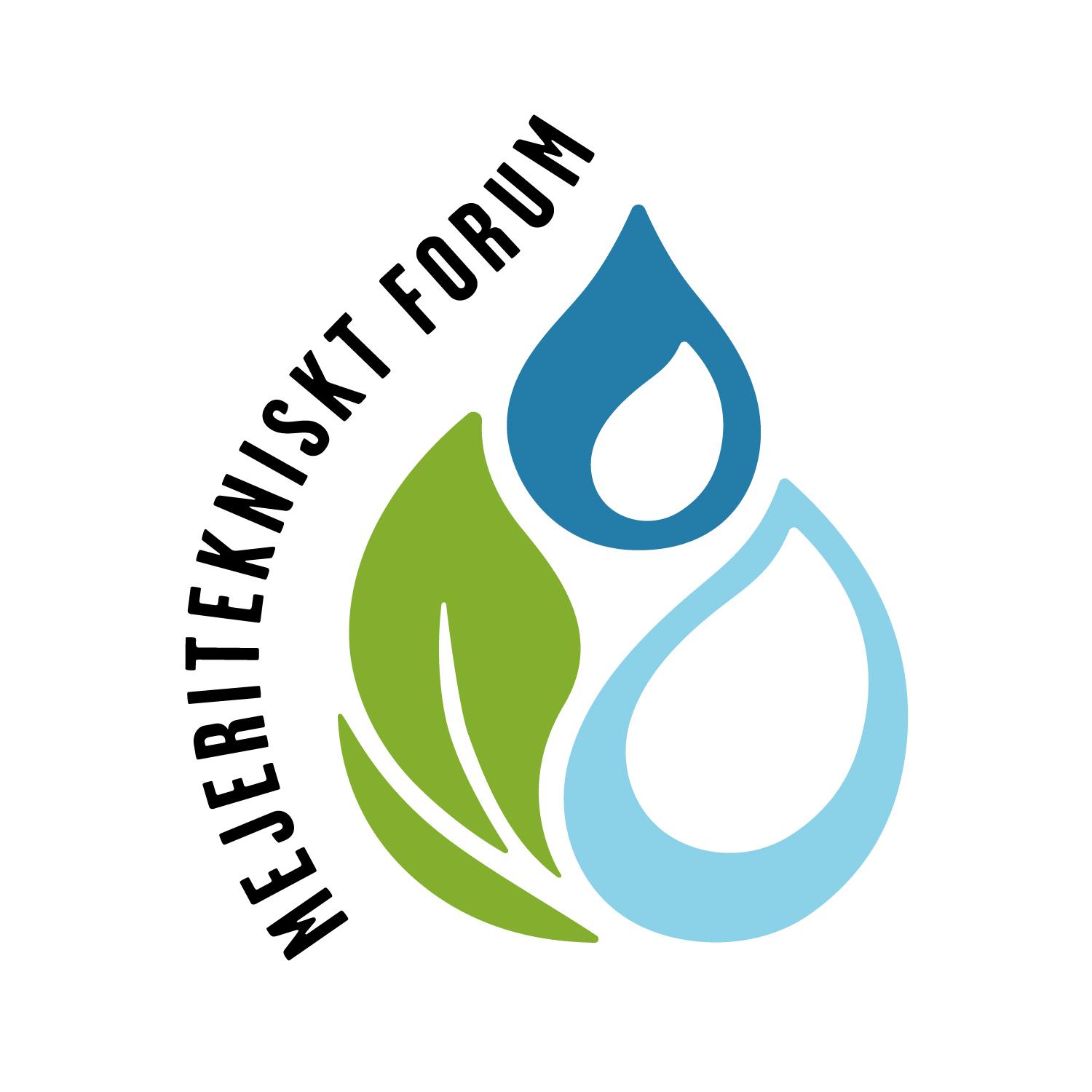
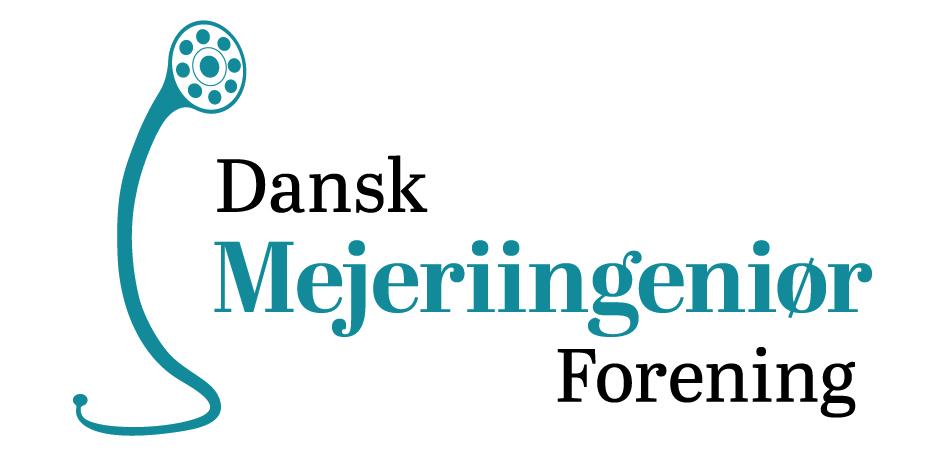
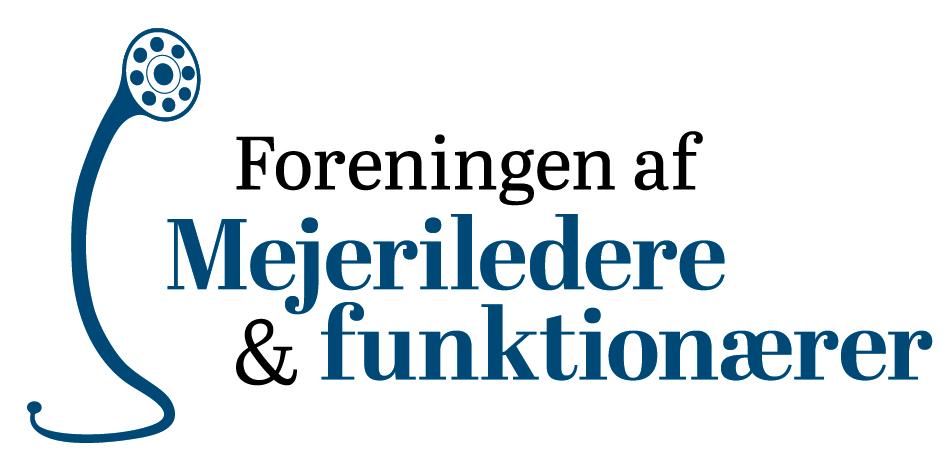



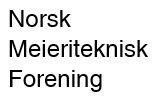
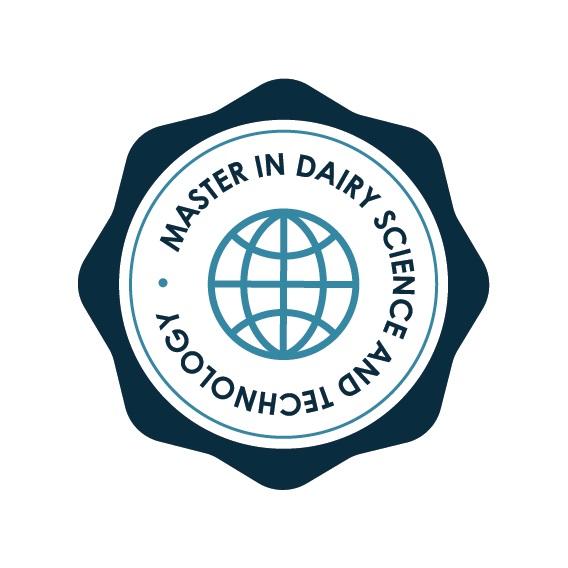
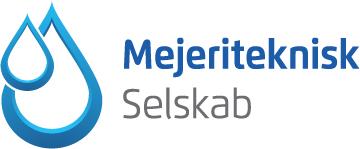

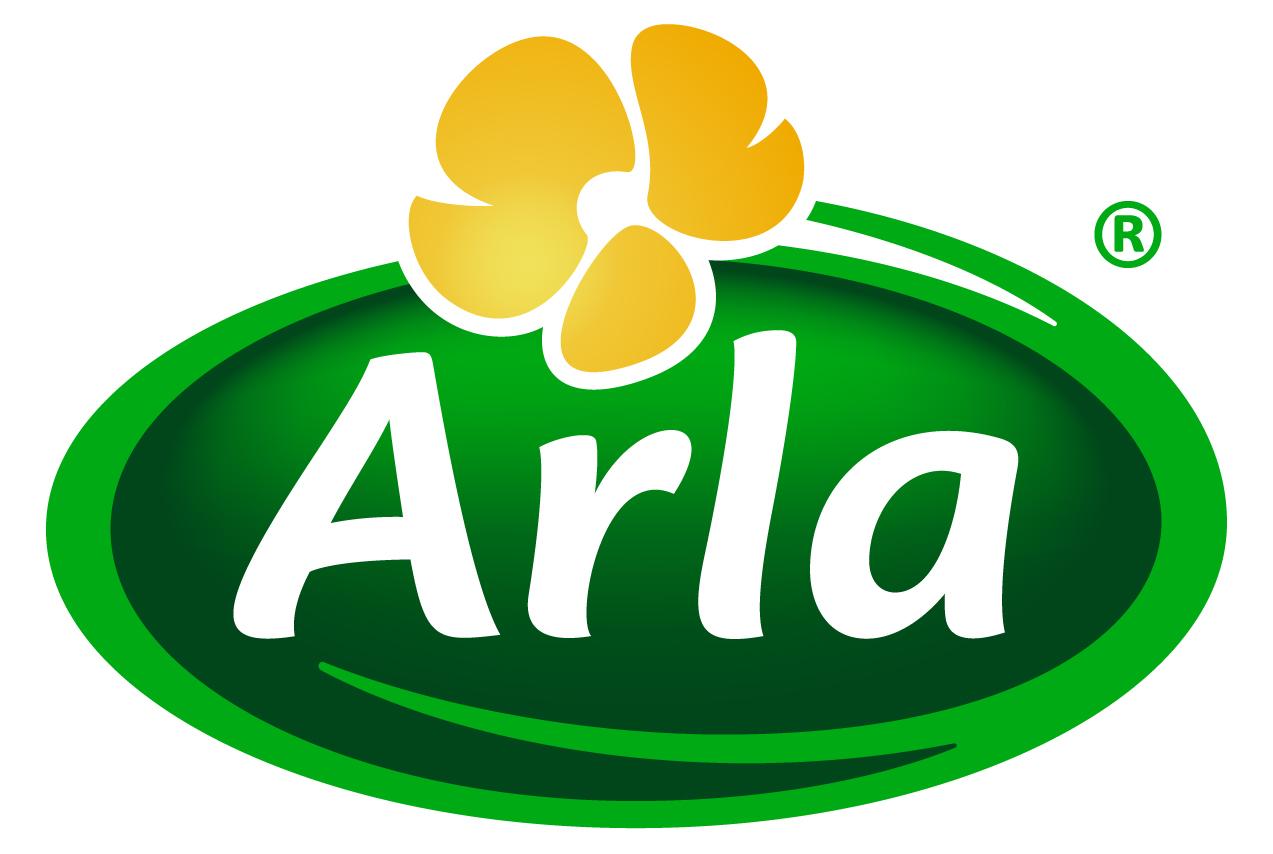

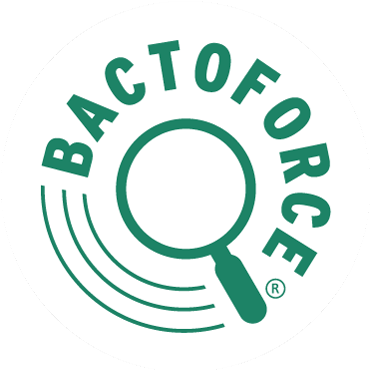

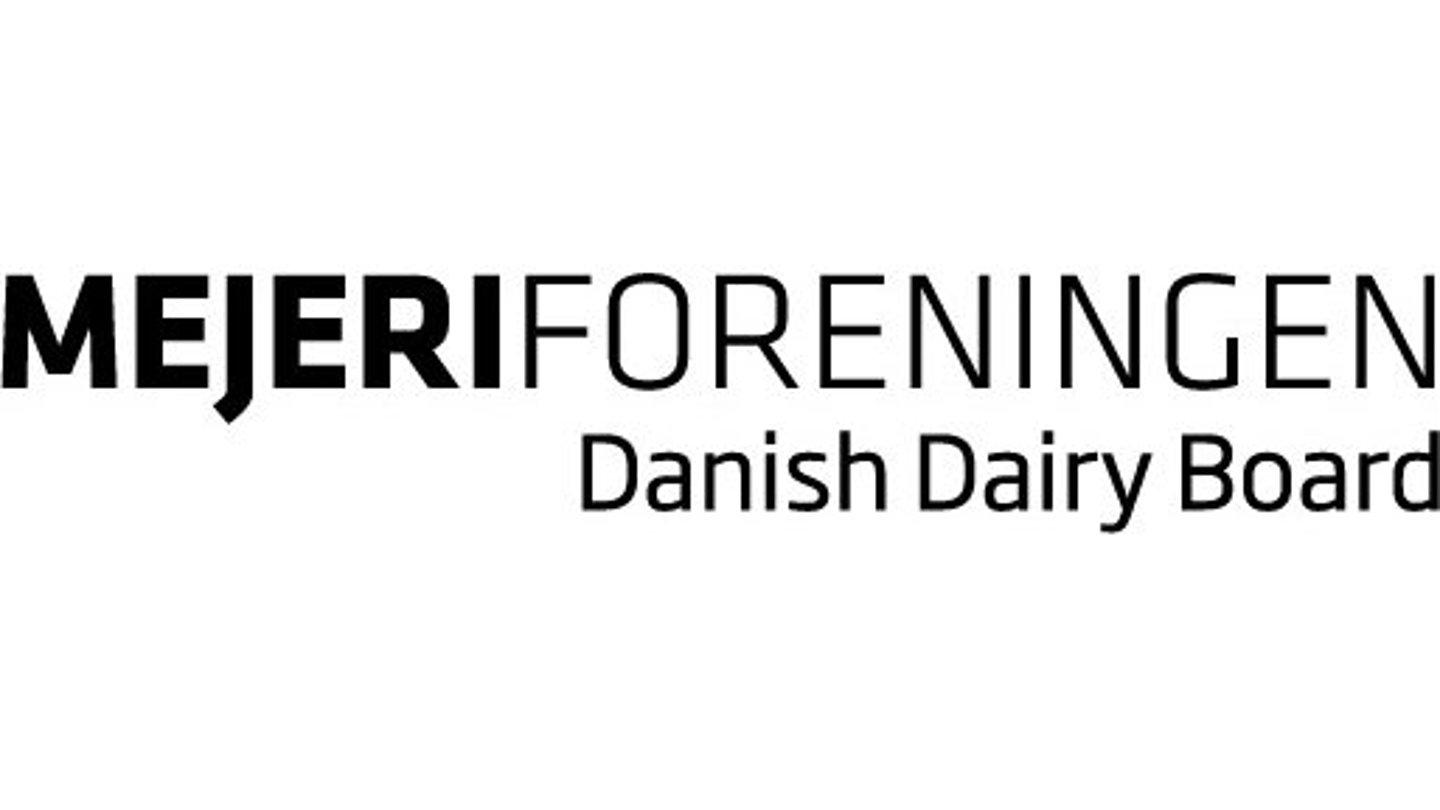
 Munkehatten 28
Munkehatten 28